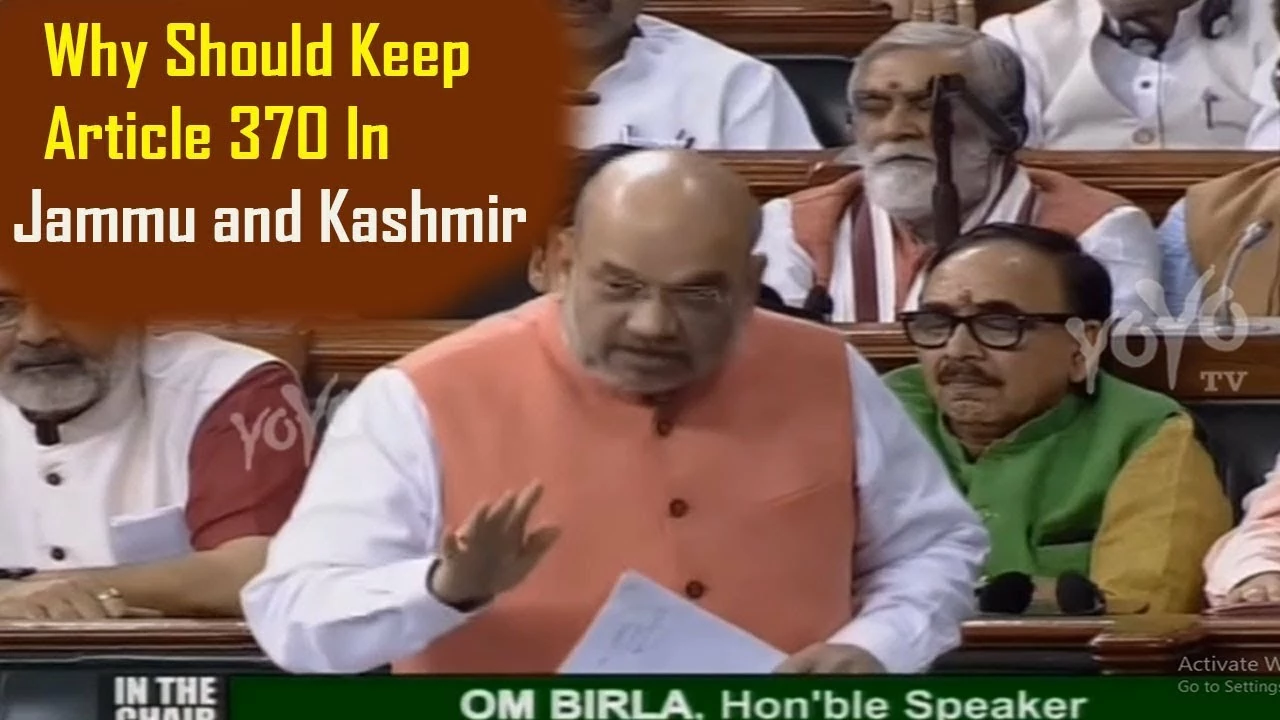Article 370: What It Was and Why It Matters
If you’ve heard the news about India’s Constitution and wondered what "Article 370" actually is, you’re not alone. It was a special clause that gave the Jammu & Kashmir region its own set of rules, separate from the rest of the country. Think of it as a local exemption that let the state decide many of its own laws, while still being part of India.
When the Constitution was drafted in 1950, the leaders wanted to let Jammu & Kashmir keep its own identity after joining India in 1947. So they added Article 370, which said the Indian Parliament could’t make laws for the state unless the state’s own assembly agreed. This meant the people of Jammu & Kashmir could have their own flag, a separate official language, and control over land ownership.
The Original Purpose of Article 370
Why did the framers include this clause? Mostly to address the unique political situation at the time. The state had signed an accession agreement, but it wasn’t fully integrated like other states. Article 370 was meant to be temporary, a bridge while the region settled into the Indian Union. It allowed the local government to keep customs, laws on property, and even certain economic policies that differed from the rest of India.
In practice, this meant you couldn’t buy land in Jammu & Kashmir if you weren’t a resident. It also limited the reach of Indian central laws in areas like criminal law, education, and taxation. Some people saw this as a protective shield for the state’s culture and demographics; others felt it created a sense of separation.
After the 2019 Abrogation: What Changed
Fast forward to August 5, 2019. The Indian government announced that Article 370 would be removed. The move came with a presidential order and a resolution in Parliament that essentially nullified the special status. Suddenly, all central laws applied to Jammu & Kashmir just like any other state.
What does that mean on the ground? First, land can now be bought by anyone from anywhere in India, opening up real‑estate markets and attracting investors. Second, the state was split into two union territories—Jammu & Kashmir and Ladakh—each directly administered by the center. This shift gave the central government more control over security, development projects, and law enforcement.
Supporters argue the change will bring faster infrastructure growth, better jobs, and a stronger sense of national unity. Critics worry it could erode local culture, spark demographic shifts, and ignore the promises made during the original accession. The debate continues in political circles, media, and everyday conversations across the country.
Regardless of where you stand, the story of Article 370 shows how a single clause can shape politics, identity, and everyday life for millions. It’s a reminder that constitutional language isn’t just legal jargon—it’s a living part of a nation’s story.
If you’re following updates on Jammu & Kashmir, keep an eye on how the new laws are being implemented, what the local population is saying, and how the economy responds. Those details will tell you whether the change is delivering on its promises or creating new challenges.
Amit Shah: No benefit to country, Kashmir from Article 370?
In his recent statement, India's Home Minister, Amit Shah, declared that Article 370, which granted special status to Jammu and Kashmir, brought no benefits to the country or the region itself. According to him, this provision only promoted corruption, nepotism and hindered development in the area. He firmly believes that the abrogation of Article 370 will pave the way for Kashmir's progress. His remarks have ignited a heated debate nationwide, with opinions divided on the issue. As a blogger, I am intrigued by the different perspectives and eager to delve deeper into this controversial topic.
